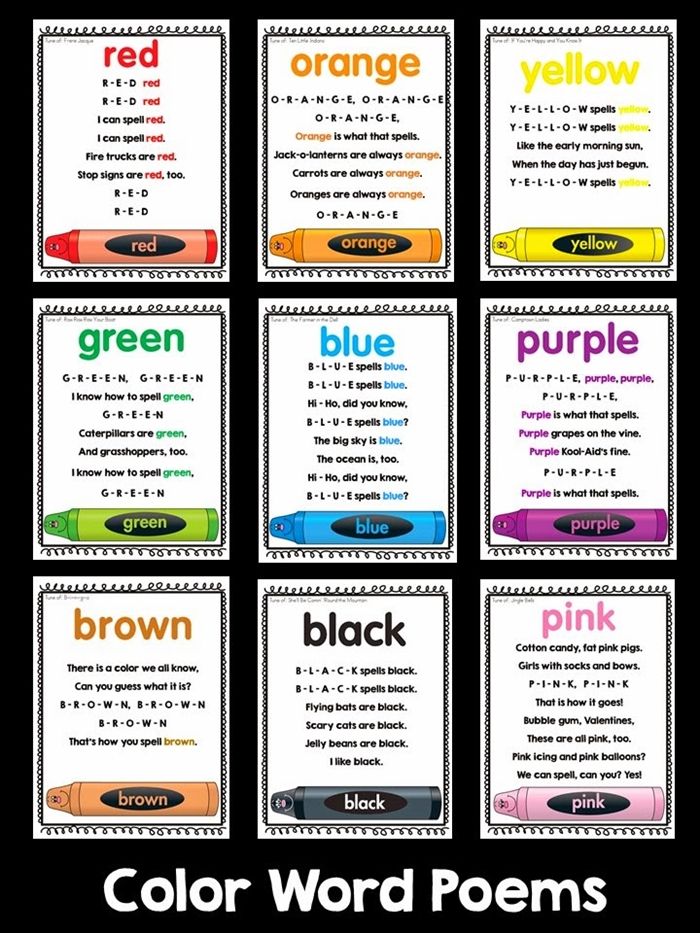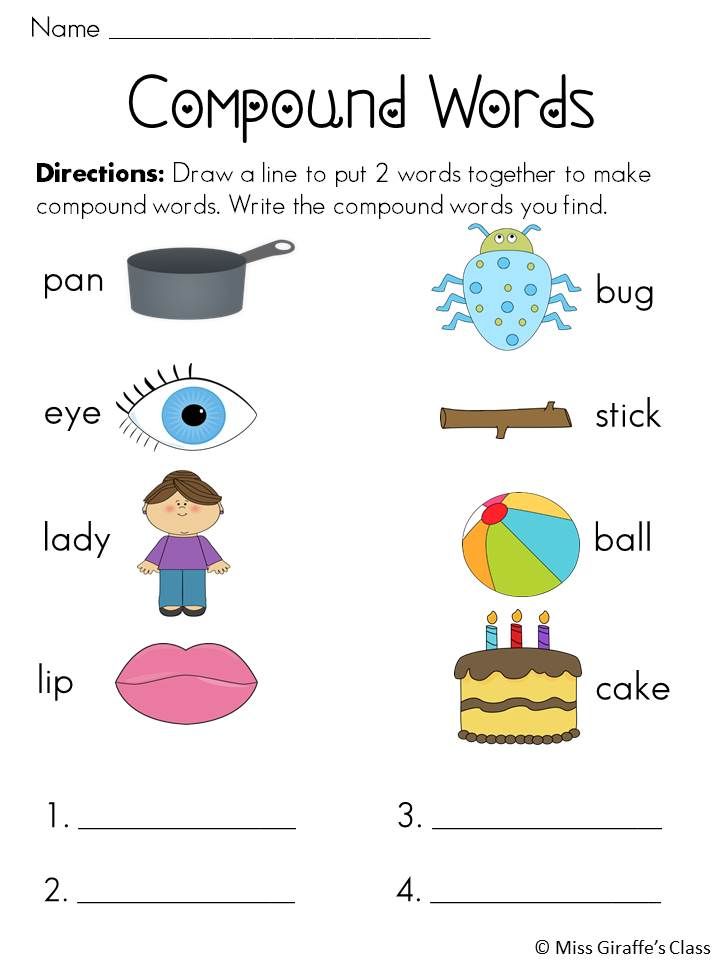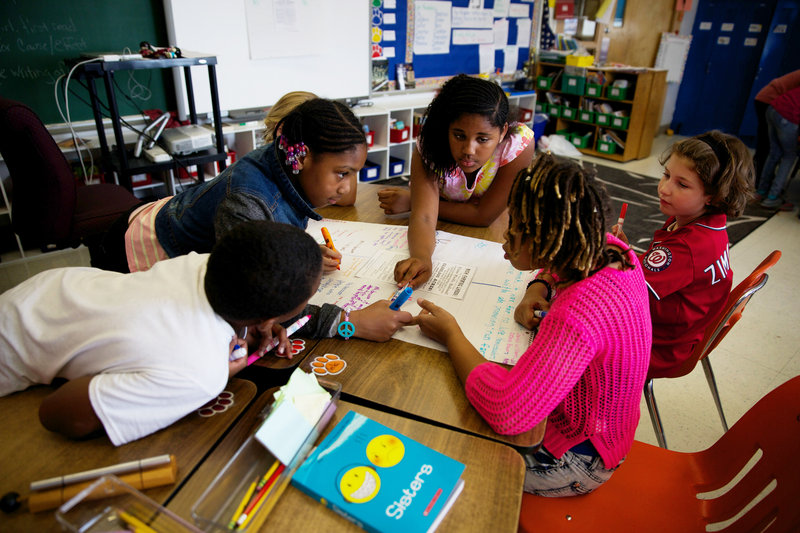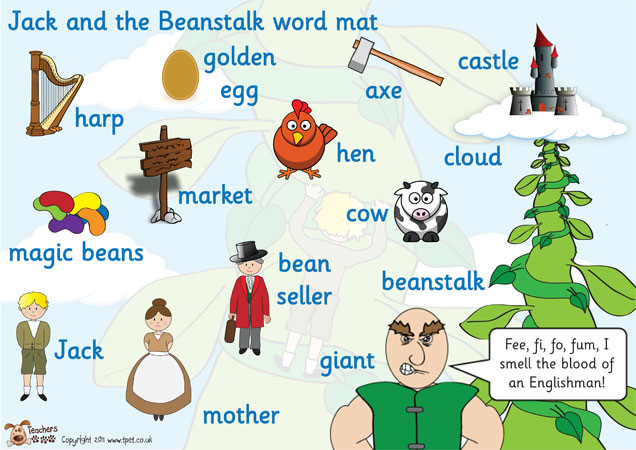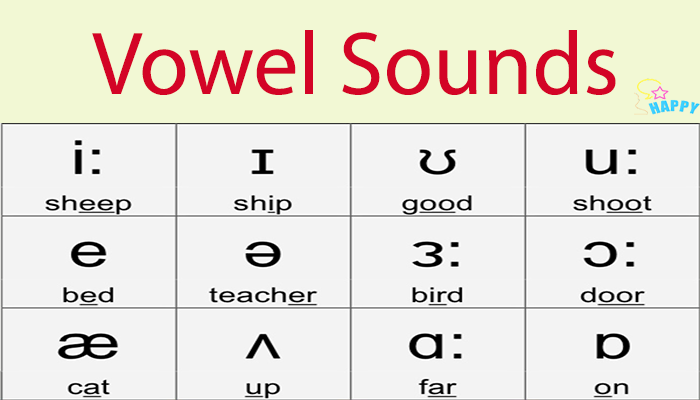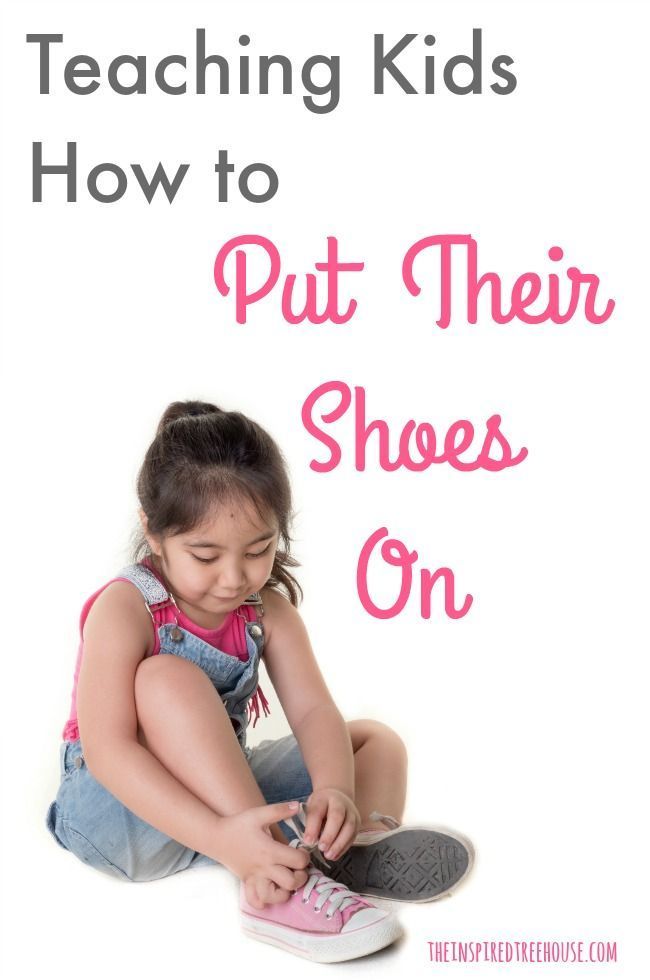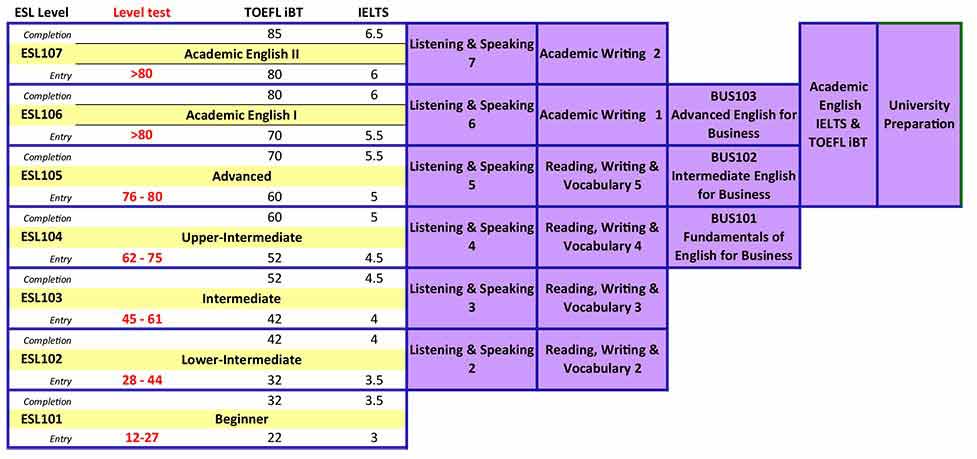How to spell child
How Do You Spell Children — a Quick Spelling Guide
Spellings and grammar rules in English can sometimes seem random. This is because many of the English words have been derived from other languages.
The change in spellings from Old English to Modern English occurred over time. Therefore, it can be confusing why a word is spelled in a particular way or how the grammar rule works.
One such case arises with the word “child.” How do you spell children? And why can’t you write “childs” instead of children? This article discusses the reasons behind the confusion in the spelling of children.
How Do You Spell Children?“Children” has two vowels and six consonant letters. The phonetic transcription of children is /chIldrUHn/, and it sounds like chil·druhn in both American and British English. The way to correctly spell the word is to split it into its syllables.
“Children” is a 2-syllable word: chil-dren with the stress on the first syllable. To spell the word correctly and easily, you can simplify it even more.
Break it down into chil + d + ren, which then makes each portion of the word easier to spell out without any mistakes.
Another way to spell children correctly is to break it down into the base word plus suffix, which looks like:
Child (root word) + ren (plural suffix) = Children
The plural suffix -ren is derived from Old English to form the plural form of some irregular nouns.
Photo by Element5 Digital on UnsplashWhy Is Children the Plural, Not Child’s?Some of the nouns in Old English, which followed a specific pattern, didn’t form their plurals with the typical “s” ending. These irregular nouns were pluralized by adding “-n” at the end, for example, eyen (eyes), shoen (shoes), and housen (houses).
The “-ren” is a typical plural ending for many irregular words derived from the early phases of the English language.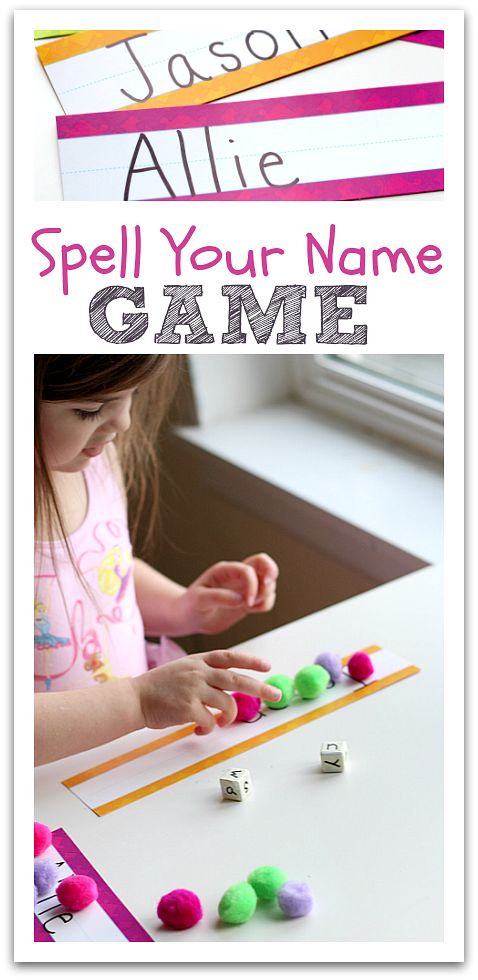 It was never a single suffix but a plural suffix that combined traditionally used plural suffixes “
-re/-er” plus “-en.”
It was never a single suffix but a plural suffix that combined traditionally used plural suffixes “
-re/-er” plus “-en.”
In Middle English, the -en ending was so common that it was even added to existing irregular plurals. As a result, the word childer (dialectal plural for “child”) became children in regular English.
Definition of Children With Example Sentences“Children” is a noun, and it is the plural form of “child.” It refers to a young person who has not reached puberty yet or is under the legal age of maturity. Sometimes, children could also mean a son or daughter of any age. Below are its formal definitions with examples.
- The children went to play in the park.
- They are planning to adopt two children.
- It’s a difficult emotion for the parents when children leave home to study.
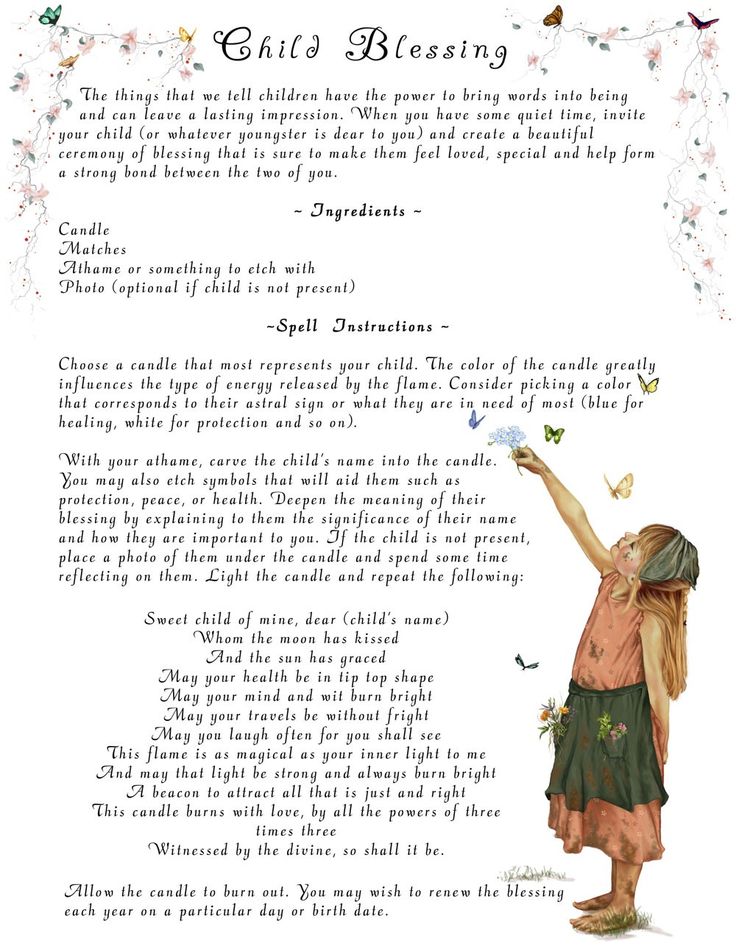
No, we cannot write childrens. The word “children” is already in its plural form. Regular words add “s” at the end to form plurals. And to form the possessive, you only need to add an apostrophe at the end without doubling the “s.”
For example, cats become cats’, not cats’s. Since “children” is already a plural noun, we cannot write childrens. Also, the possessive form of children is childrens’, not childrens’s.
To Wrap UpThere’s nothing called hard and fast rules for English spellings. While there are numerous grammar rules to follow, there are dozens of exceptions as well.
You may ask if the plural of a boy is boys, then why a child cannot be pluralized to childs? The answer lies in the etymology of the word and how it was derived from various languages.
So, how do you spell children? This article discusses some tricks to spell the word right with some grammatical details.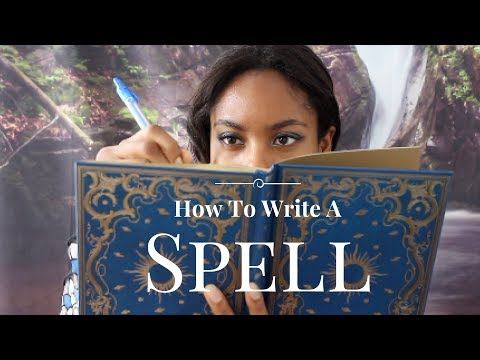
Frequently asked questions
How do I teach my 6 year old spelling words?
- Spelling train
- Flash cards. Place your child’s words on the front of the index card and its definition on the back of the card.
- Stair steps. Write the words as if they were stairs, adding one letter at a time.
- Trace, Copy, Recall
- Memorization
Why is my child struggling with spelling?
Language learning weaknesses explain spelling problems, as well as reading problems. Therefore, spelling reversals of easily confused letters like b and d, or sequences of letters, such as word for go, are signs of underlying language learning weaknesses, rather than visual ones.
How well should a 7 year old spell?
7-8-year-olds are spelling words they read and use frequently. Children are spelled many high frequency words (words we see used regularly) correctly by this age. Additionally, they correctly spell a list of personal words including their suburbs, family members, friends, and pet names.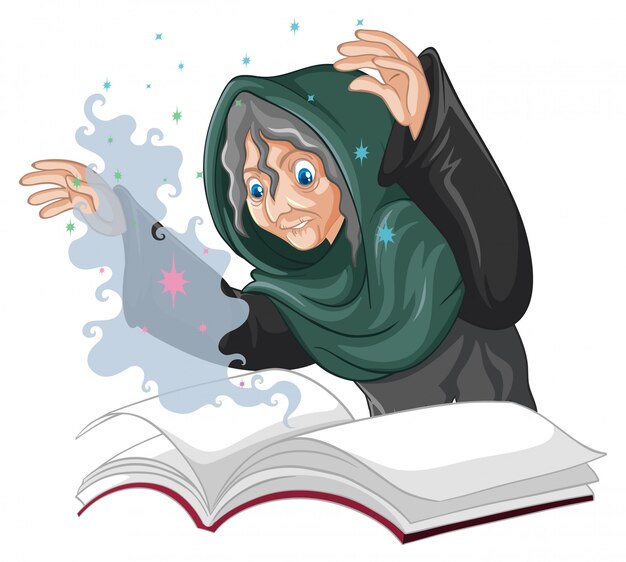
What causes poor spelling?
Many spelling problems arise from one or more areas of processing that aren’t functioning as efficiently as they should and should. Two primary systems make your ability to spell words more difficult. The visual and auditory systems are among them.
How do you help a poor speller?
- Initiate mastery of the sight words.
- You want your student to understand the different sounds letter combinations make.
- Make sure your child recognizes word families.
- Make your child remember common spelling rules.
- Practice, practice, practice
How can I help my 5 year old with spelling?
Practise phonics. At the start of primary school, your child will learn to spell using your phonetic system. You can use phonics in your child’s life by encouraging them to spell a word by breaking it into individual sounds and then matching those sounds to the letters in the alphabet.
What part of the brain controls spelling?
Reading and spelling share specific left hemisphere substrates in the mid-fusiform gyrus and in the inferior frontal gYrus/junction.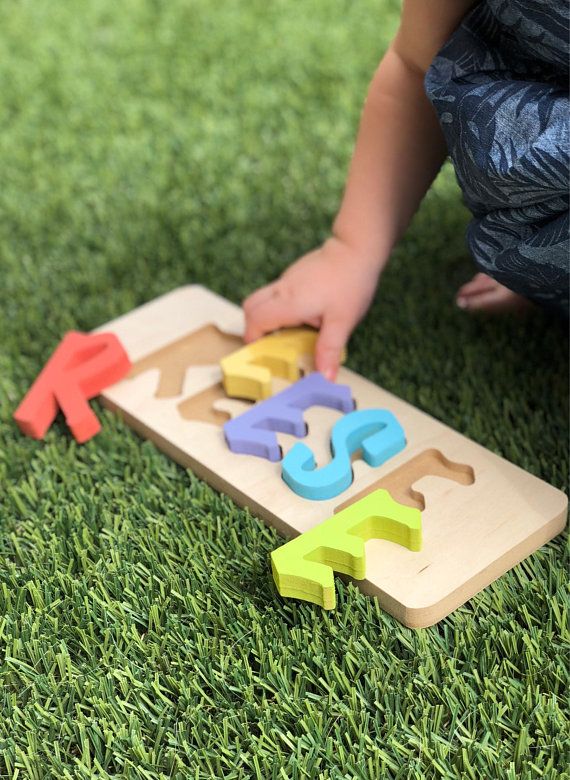 More recently, the results indicate that the left mid-fusiform substrates are specifically involved in lexical orthographic processing.
More recently, the results indicate that the left mid-fusiform substrates are specifically involved in lexical orthographic processing.
How can I help my child with spelling?
- Aim for auditory and vocal skills. If you’re a good speller, you are usually a great reader and a best speaker, and vice versa.
- Experience stories. Let your child write about what he likes.
- Write letters
- Trace words
- Finger paints are messy, but they are always helpful.
What are the 4 spelling strategies?
Spellers employ a variety of strategies to ensure their spelling is correct. Phonetic, rule-based, visual, and morphemic strategies are the most common strategies.
How do you make easy spelling?
- Highlight the hard part. It is common for your child to see one part of a word that gets your attention every time.
- Make sure you stick with the spelling.
- Break it down
- Remind yourself of it, copy it, and recreate it.
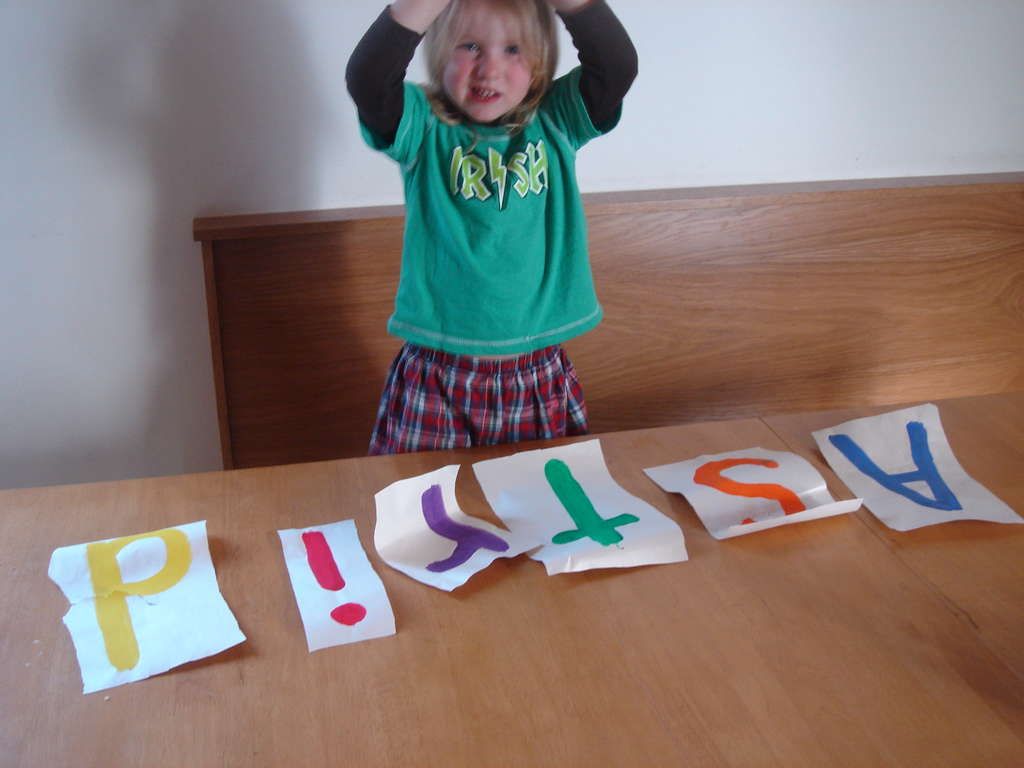
- Imagine yourself in a picture.
- Keep it as you like it.
- Become an acrostic
- Your palm
How well should a 9 year old spell?
Writing lists will be developed by a 9-to-10-year-old. These children will know which topics address difficult-to-spell words as well as being able to identify ‘tricky’ words or words that do not follow English spelling rules.
What is the best way to teach spelling?
- Let them have fun.
- Write words by hand.
- Encourage reading
- Let’s talk it out loud.
- Keep your words on display.
- Practice through games
- Teach typing
- Explain mnemonics
What is the fastest way to memorize spelling words?
- Make sure to spell mnemonics that use words. “Rhythm = Rhythm Helps Your Two Hips Move,” for example.
- Develop brief phrases for complicated words. “Necessary = 1 collar and 2 socks (to remember one ‘c’ and two’s’s).”.
- Make up rhymes
- Compose nonsense stories
How do you teach a 3rd grader to spell?
- Distribute enough dictionaries for each student or small groups of students.

- List of commonly misspelled words in English.
- Students should read the correct spelling next to every misspelled word as they look up the word.
What are the 5 stages of spelling development?
- Phonetic stage
- Precommunicative stage
- Semiphonetic stage
- Correct stage
- Transitional stage
147 Synonyms & Antonyms of CHILD
noun
Save Word1 a young person who is between infancy and adulthood
- an imaginative animated film that appeals to adults as well as to children
- bairn
- [chiefly Scottish],
- bambino,
- bud,
- chap
- [Southern & Midland],
- chick,
- cub,
- juvenile,
- kid,
- kiddie
- (also kiddy),
- kiddo,
- moppet,
- sprat,
- sprout,
- squirt,
- whelp,
- youngling,
- youngster,
- youth
- adolescent,
- minor
- kindergartner
- (also kindergartener),
- preschooler,
- rug rat
- [slang],
- schoolboy,
- schoolchild,
- schoolgirl,
- schoolkid
- babe,
- baby,
- bantling,
- infant,
- neonate,
- nestling,
- newborn,
- toddler,
- tot,
- tyke
- (also tike),
- weanling
- devil,
- hellion,
- imp,
- jackanapes,
- mischief,
- monkey,
- rapscallion,
- rascal,
- rogue,
- urchin,
- whippersnapper
- cherub
- preteen,
- preteen-ager,
- subteen,
- teen,
- teenager,
- teener,
- teenybopper,
- tween
- lad,
- nipper,
- shaver,
- stripling,
- tad
- bobby-soxer,
- hoyden,
- tomboy
- middle-ager
- ancient,
- elder,
- golden-ager,
- oldster,
- old-timer,
- senior,
- senior citizen
- adult,
- grown-up
2 a recently born person
- wrapped the child in a blanket before taking him outside in the cold
- babe,
- baby,
- bambino,
- infant,
- neonate,
- newborn
- cherub
- foundling,
- nursling,
- suckling
- preemie
- (also premie)
- bantling,
- kid,
- kiddie
- (also kiddy),
- kiddo,
- moppet,
- toddler,
- tot,
- tyke
- (also tike)
- boy,
- nipper,
- tad
- juvenile,
- minor,
- youngling,
- youngster,
- youth
- imp,
- squirt,
- urchin,
- whippersnapper
- girl,
- hoyden,
- tomboy
- adult,
- grown-up
- elder,
- graybeard,
- oldster,
- old-timer,
- senior,
- senior citizen
3 a condition or occurrence traceable to a cause
- widespread stress is the child of the frenetic pace of the modern world
- aftereffect,
- aftermath,
- backwash,
- conclusion,
- consequence,
- corollary,
- development,
- effect,
- fate,
- fruit,
- issue,
- outcome,
- outgrowth,
- precipitate,
- product,
- result,
- resultant,
- sequel,
- sequence,
- upshot
- ramification
- denouement
- (also dénouement),
- echo,
- implication,
- repercussion
- afterclap,
- afterglow,
- aftershock
- blowback,
- by-product,
- fallout,
- offshoot,
- ripple,
- side effect
- (also side reaction),
- spin-off
- matter of course
- consideration,
- determinant,
- factor
- base,
- basis,
- foundation,
- ground,
- groundwork
- impetus,
- incentive,
- inspiration,
- instigation,
- stimulus
- mother,
- origin,
- root,
- source,
- spring
- antecedent,
- causation,
- cause,
- occasion,
- reason
See the Dictionary Definition
Share child
Post more words for child to Facebook Share more words for child on Twitter
Time Traveler for child
The first known use of
child was before the 12th centurySee more words from the same century
Thesaurus Entries Near
childchignons
child
child's play
See More Nearby EntriesCite this Entry
“Child.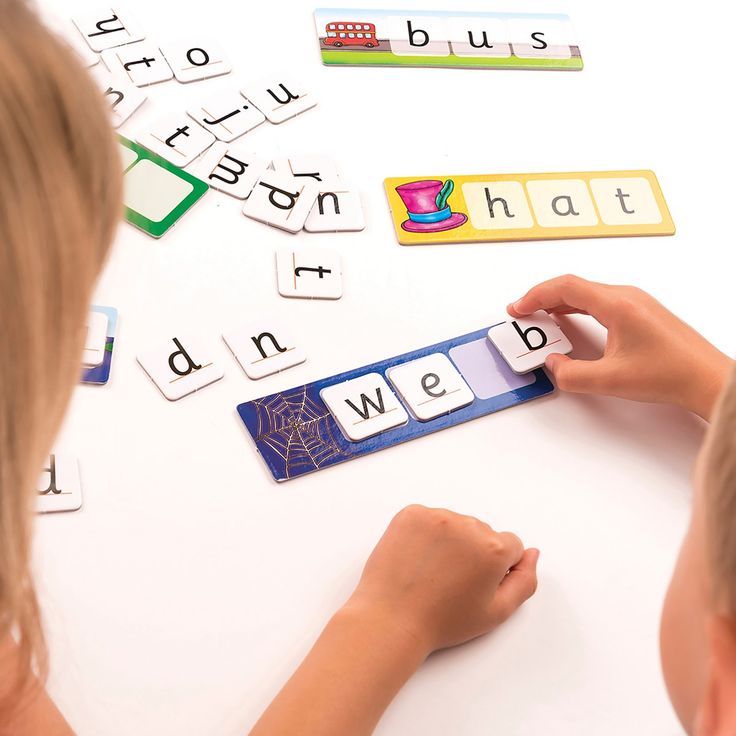 ” Merriam-Webster.com Thesaurus, Merriam-Webster, https://www.merriam-webster.com/thesaurus/child. Accessed 16 Oct. 2022.
” Merriam-Webster.com Thesaurus, Merriam-Webster, https://www.merriam-webster.com/thesaurus/child. Accessed 16 Oct. 2022.
Style: MLA
Merriam-Webster.com Thesaurus, Merriam-Webster, https://www.merriam-webster.com/thesaurus/child. Accessed 16 Oct. 2022.">MLA Merriam-Webster.com Thesaurus, s.v. “child,” accessed October 16, 2022, https://www.merriam-webster.com/thesaurus/child.">Chicago Merriam-Webster.com thesaurus. Retrieved October 16, 2022, from https://www.merriam-webster.com/thesaurus/child">APA Merriam-Webster.com Thesaurus, https://www.merriam-webster.com/thesaurus/child. Accessed 10/16/2022.">Merriam-Webster
More from Merriam-Webster on child
Nglish: Translation of child for Spanish Speakers
Britannica English: Translation of child for Arabic Speakers
Britannica.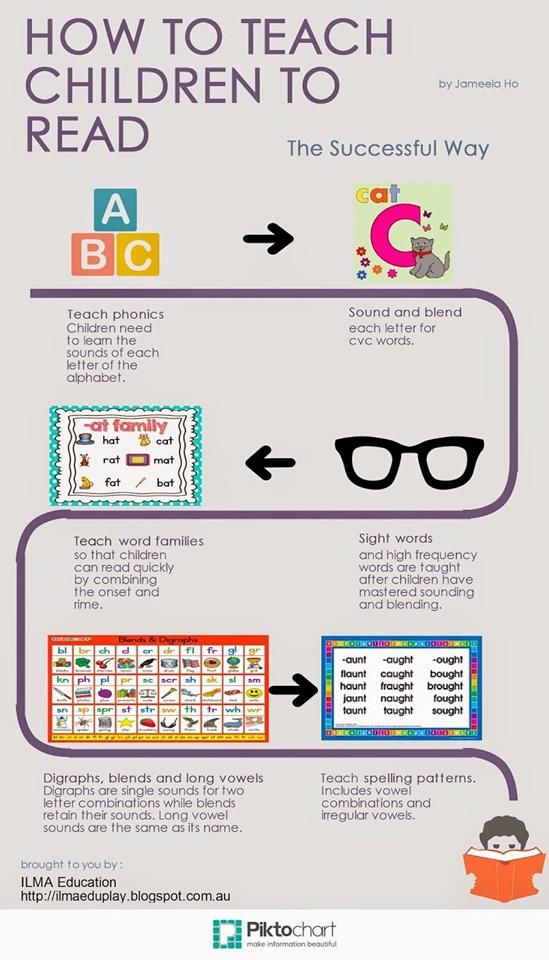 com: Encyclopedia article about child
com: Encyclopedia article about child
WORD OF THE DAY
frenetic
See Definitions and Examples »
Get Word of the Day daily email!
Test Your Vocabulary
The Great British Vocabulary Quiz
- Named after Sir Robert Peel, what are British police called?
- Bobbies Peelheads
- Robbies Berties
Test your visual vocabulary with our 10-question challenge!
TAKE THE QUIZ
A daily challenge for crossword fanatics.
TAKE THE QUIZ
Subscribe to America's largest dictionary and get thousands more definitions and advanced search—ad free!
Merriam-Webster unabridged
Words at Play
-
'Dunderhead' and Other ‘Nicer’ Ways to Say Stupid
As illustrated by some very smart pups
-
10 Words from Place Names
Bikini, bourbon, and badminton were places first
-
'Pride': The Word That Went From Vice to Strength
Do you take pride in Pride?
-
When Were Words First Used?
Look up any year to find out
Ask the Editors
-
Literally
How to use a word that (literally) drives some pe.
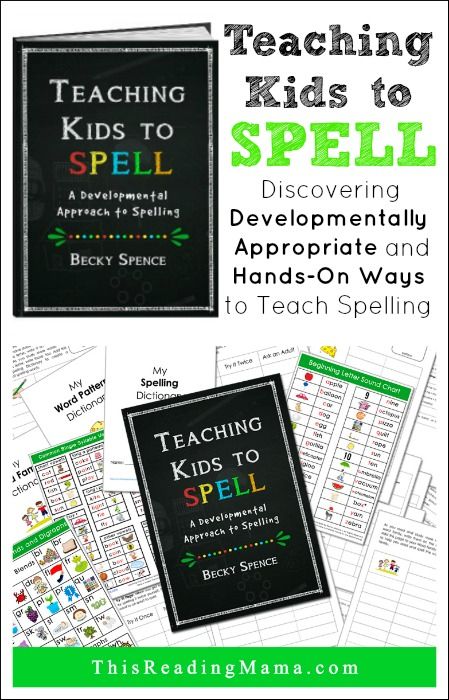 ..
.. -
'All Intensive Purposes' or 'All Intents and Purposes'?
We're intent on clearing it up
-
Lay vs. Lie
Editor Emily Brewster clarifies the difference.
-
Hot Mess
"The public is a hot mess"
Word Games
-
Name That Thing MegaQuiz: Vol. 2
Test your visual vocabulary!
Take the quiz
-
Favorite New Words in the Dictionary
Level up your vocabulary with these newly added w...
Take the quiz
-
Name That Thing
Test your visual vocabulary with our 10-question .
 ..
..Take the quiz
-
Spelling Bee Quiz
Can you outdo past winners of the National Spelli...
Take the quiz
How to spell the word Child. Synonyms of the word Child
How to spell the word Child. Synonyms for Child - RuWord.net- Letters
- Words starting with R
- child
Checking the text for errors
Correct spelling of the word child:
Cryptocurrency for walking!
Number of letters in a word: 7
The word consists of letters: R , E , B , E , H , O , K
Correct transliteration of the word: rebenok
Writing with incorrect keyboard layout: ht,tyjr
Spelling test
- Baby
- Pebble
- Holopuz
- Sucker
- Underage
- youngster
- Nezhdachnik
- baby
- little boy
- Child
- little boy
- Slider
- Breadbiter
- Dityatko
- Daughter
- Samovar
- little son
- Son
- Son
- little boy
- Malyavka
- Daughter
- Chygrash
- backbiter
- firstborn
- squeaky
- boy
- baby
- Pervenitsa
- Kinder
- Flesh and blood
- snot
- Horny child
- baby
- Grudnyak
- Baby
- kid
- Child
- Imp
- Sketch
- Detulya
Popular Searches
- how to spell correctly explain
- trying or trying
- how to spell shoot
- how to spell coming or going
- how to spell smile or smile
How to write correctly? / Legislative Duma of the Tomsk region
Based on the materials of the site http://www.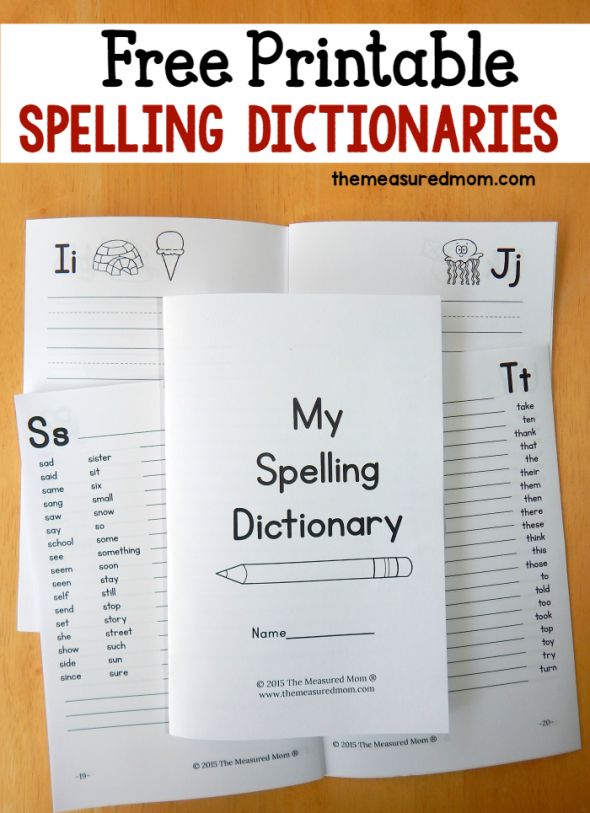 gramota.ru
gramota.ru
Words and turns of business speech that do not require punctuation marks .RU
It should be remembered that these words are usually not distinguished by punctuation marks:
| similar to more or less literally in the (final) result ultimately in a pinch at best in any case in general mostly in particular in some cases in the first place otherwise as a result in connection with this | in this case at the same time in general in this connection in addition at the same time by all means subsequently still mainly often exclusively as a maximum as a minimum meanwhile just in case in case of emergency | as far as possible at least as far as possible still practically if (everything) wants if (if) everything if while approximately equally at most at least nevertheless actually |
What date should I put on the document?
The date of the document is the date of its signing, for the act - the date of the event, for the protocol - the date of the meeting, the decision.
When writing the date, Arabic numerals are used (a pair of digits for the number, a couple of digits for the month and four digits for the year), the separator is a dot:
- 08/27/2007,
- 09/01/2007.
An alphanumeric date is also possible: March 5, 1999, September 1, 2007
How to write, with or without a space: 1500; 150g. BC. / 1500, 150 BC e.?
Graphically, the presence of a space is a sign of a word. Separate all abbreviations and figures: 2007, 2008-2014, 2001-2008
Is it possible to write the date in documents like this: 04/19/08?
The day of the month and the month are written in two pairs of Arabic numerals (with a dot), the year - in four Arabic numerals: 19.04.2008.
If the date is written in numbers (08/22/2007), is it appropriate to write “years” after 2007, and if appropriate, how to do it correctly?
If the date includes the day of the month (day), month and year, then different spellings are possible:
- in digits: 08/22/2007;
- in words and numbers: August 22, 2007; August 22, 2007;
- in words only: August twenty-second, two thousand and seven.
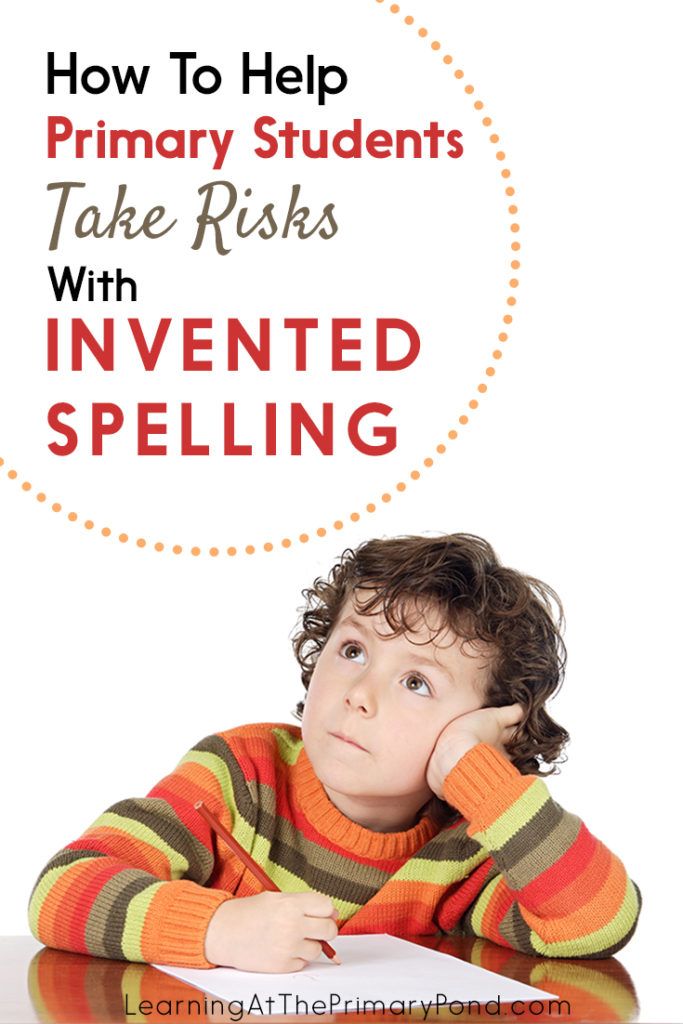
If the date is written in digits, the year word or abbreviation y is not required after the date.
How to write correctly: 2000-2002 or 2000-2002?
Accepted abbreviation of the word years - years.
Should be written: 2000-2002 Such an abbreviation is read as "two thousandth - two thousand two years."
Please note: there is a dash between the numbers, no spaces on either side.
When writing an application, is the “addressee” centered on the right edge or on the left, but on the right side of the sheet?
The attribute "addressee" is usually left-aligned, but always located on the right side of the sheet.
When to use extensions?
Accretion (letter case ending) is used in writing ordinal numbers: 10th class "B"; 11th grade student; 1st car from the center; 5th level of difficulty; take 2nd and 3rd places; early 90-s, 12th route.
Accretion is not used:
- Recording cardinal numbers: dictionary in 4 volumes; work of 2 employees; a series of 12 exercises.
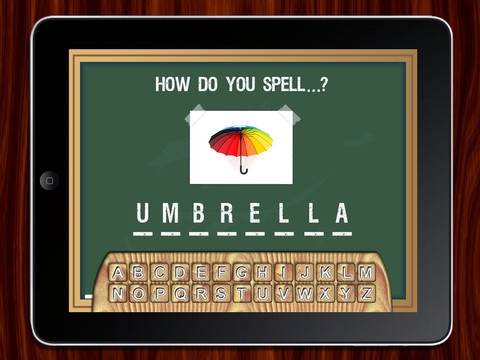
- When recording calendar numbers: March 22, 2003, April 1, January 10.
- If the number is indicated by a Roman numeral: II International Olympiad for schoolchildren in the Russian language; IX Congress, XXI century, Louis XIV.
- In the numbers of volumes, chapters, pages, illustrations, tables, appendices, etc., if the generic word (volume, chapter) precedes the numeral: on p. 196, in vol. 5, in tab. 11, in app. 1 (but: on the 196th page, in the 5th volume, in the 11th table, in the 1st appendix).
How to apply extensions?
The increment of the case ending in ordinal numbers indicated by Arabic numerals can be one-letter or two-letter.
According to the established tradition, the accretion should be one-letter if the last letter of the numeral is preceded by a vowel sound: 5th day (fifth day), 25th anniversary (twenty-fifth anniversary), in the 32nd edition (in the thirty-second edition), in 14th row (in the fourteenth row).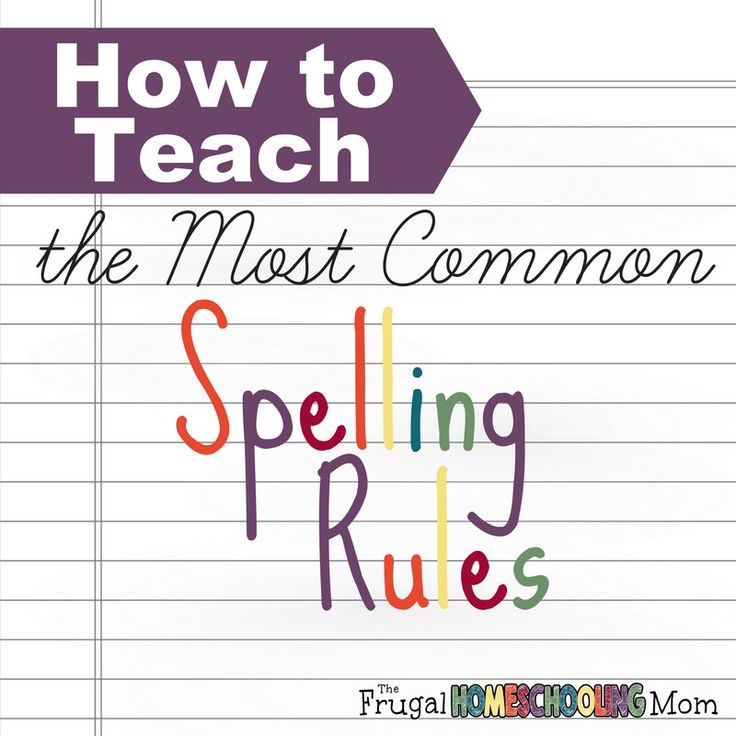
Accretion must be two-letter if the last letter is preceded by a consonant: 5th day (fifth day), to the 25th student (to the twenty-fifth student), from the 32nd edition (from the thirty-second edition), from the 14th row (from the fourteenth row).
If two ordinal numbers follow in a row, separated by a comma or joined by a union, the case ending is increased for each of them: 1st, 2nd cars; 80s and 90s.
If more than two ordinal numbers follow in a row, separated by a comma, semicolon or connected by a union, then the case ending is increased only for the last numeral: 1, 2 and 3 cars, 70, 80, 90 years.
If two ordinal numbers follow through a dash, then the case ending is increased:
a) only for the second numeral, if the case ending for both numbers is the same: 50-60s, in 80-90s;
b) for each numeral, if the case endings are different: in the 11th - 20th rows.
Source: Reference book of the editor and proofreader: Editorial and technical design of the publication / Comp.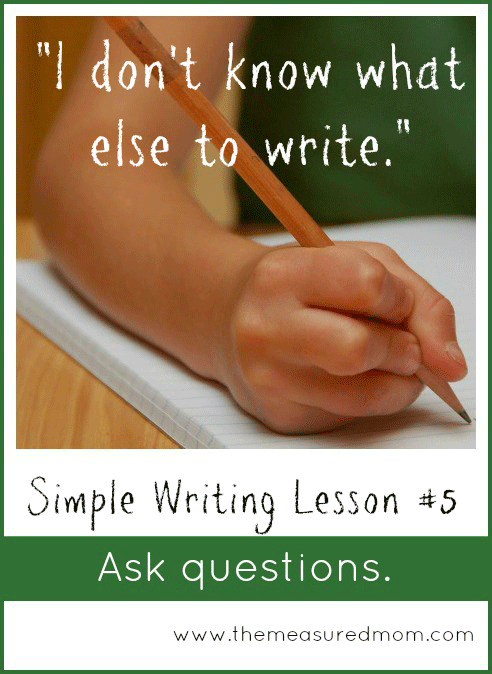 and general ed. A. E. Milchin. M., 1985.
and general ed. A. E. Milchin. M., 1985.
How to punctuate the first sentence of a contract containing designations of contracting parties?
The correct punctuation in this phrase is: State Enterprise "Communication", hereinafter referred to as the "Enterprise", represented by General Director Popovich Alexander Mikhailovich, acting on the basis of the Charter, on the one hand and a citizen of the Russian Federation Babkin Ivan Vasilyevich , hereinafter referred to as the "Employee", on the other hand, have entered into this agreement as follows...
Please note that in this phrase, the words on the one hand and on the other hand act as a circumstance and are not introductory, and therefore do not require punctuation.
Do I need a comma after the words "Sincerely" at the end of a business letter?
It is customary to put a comma after the words "With respect", despite the fact that the spelling rules do not regulate this case.